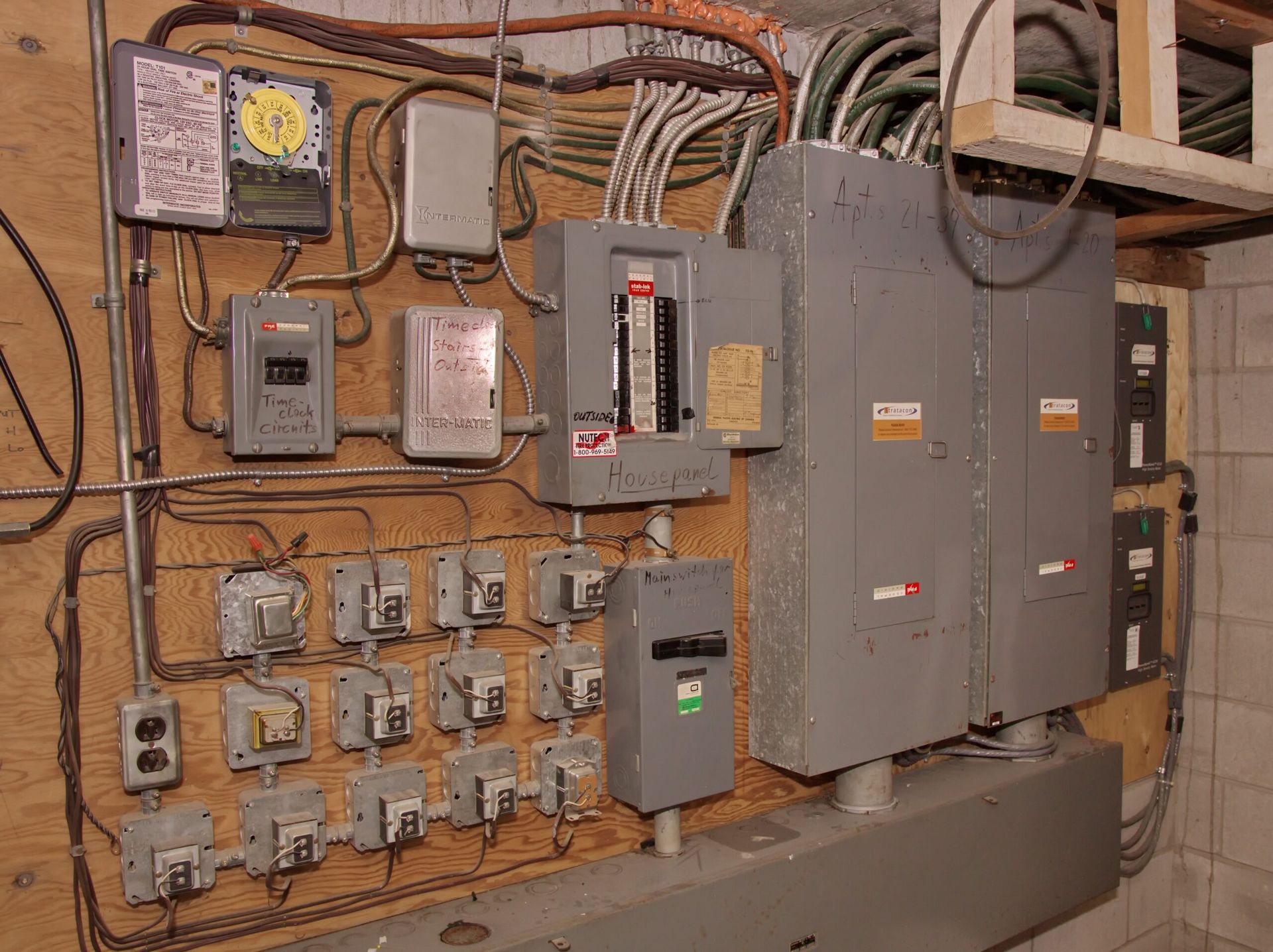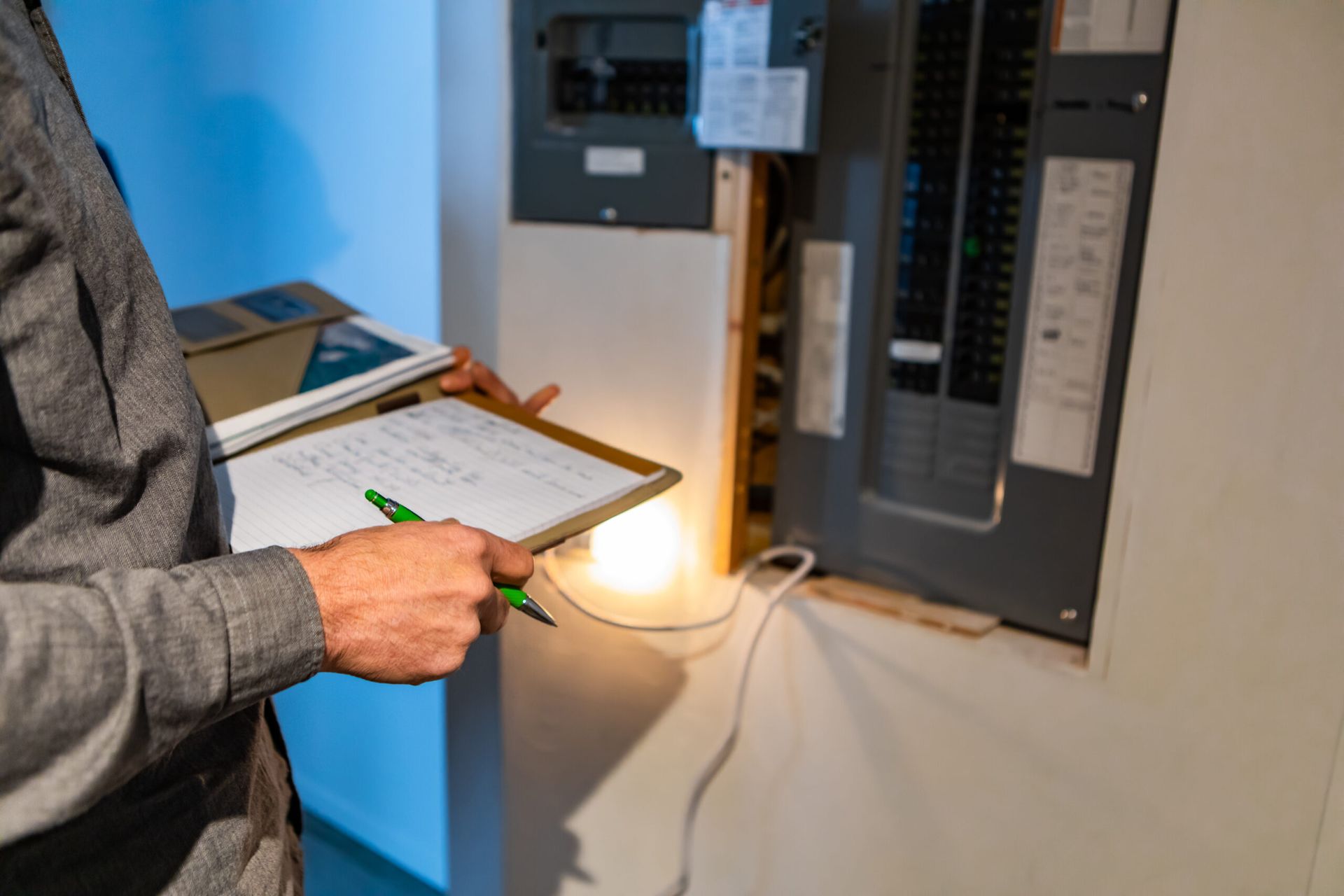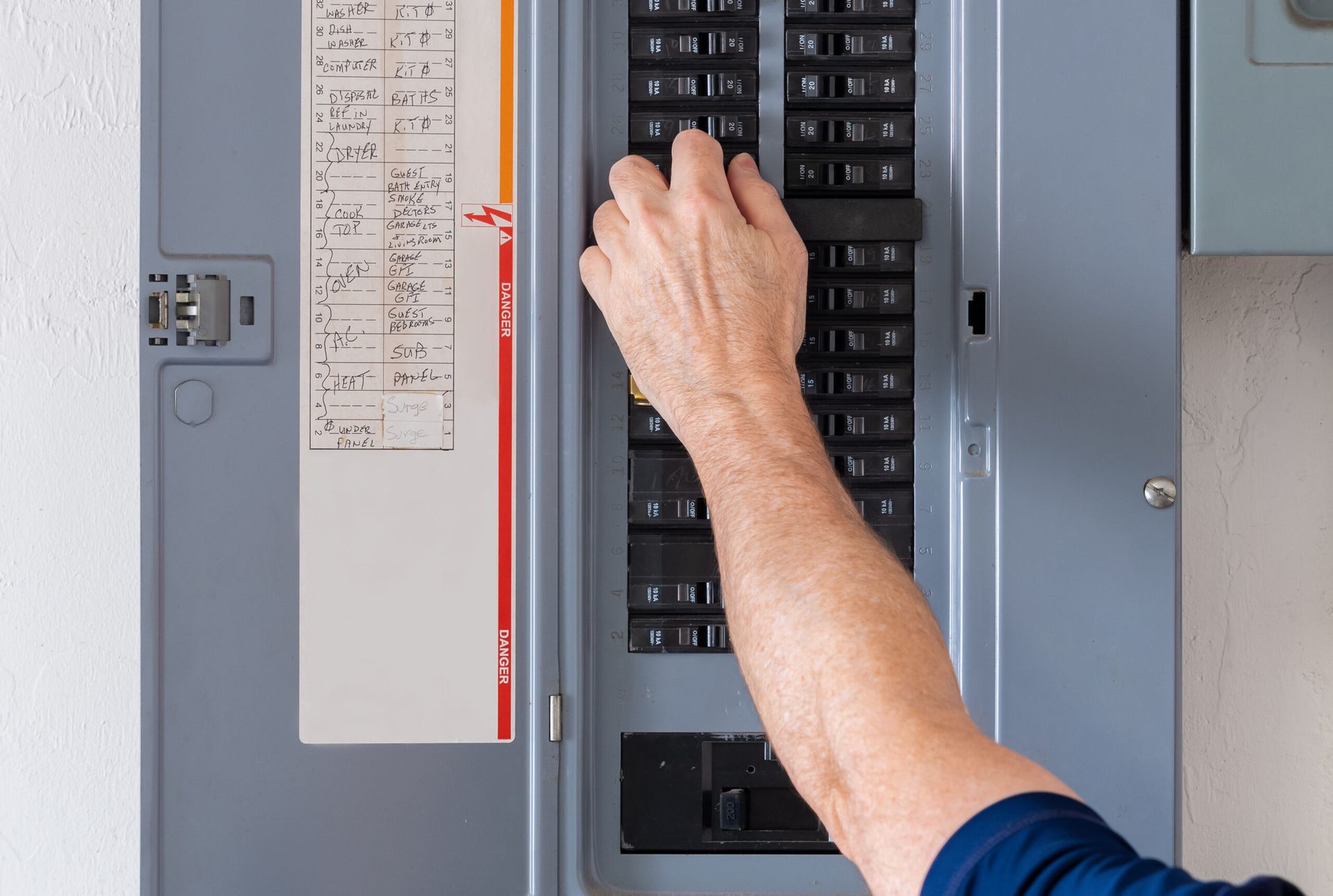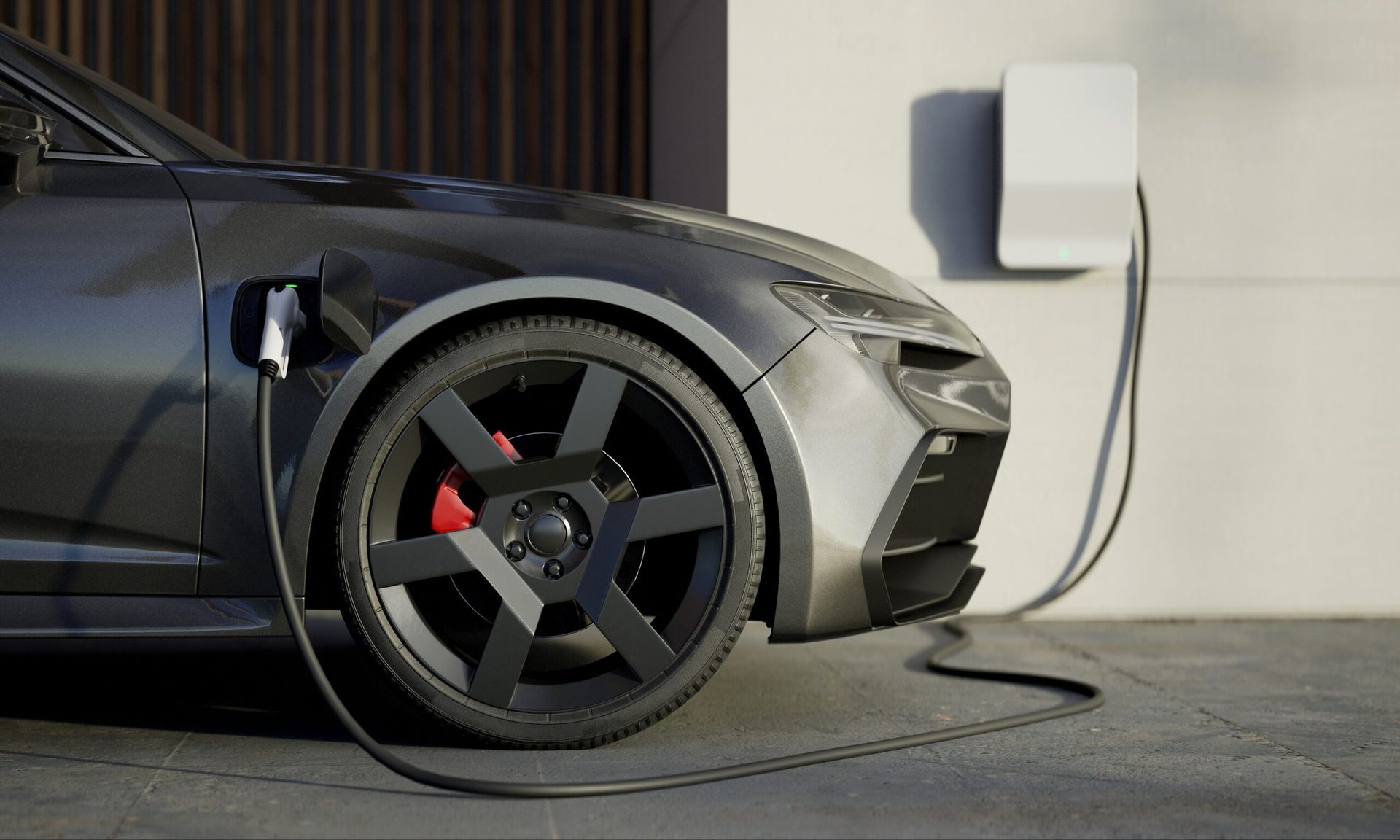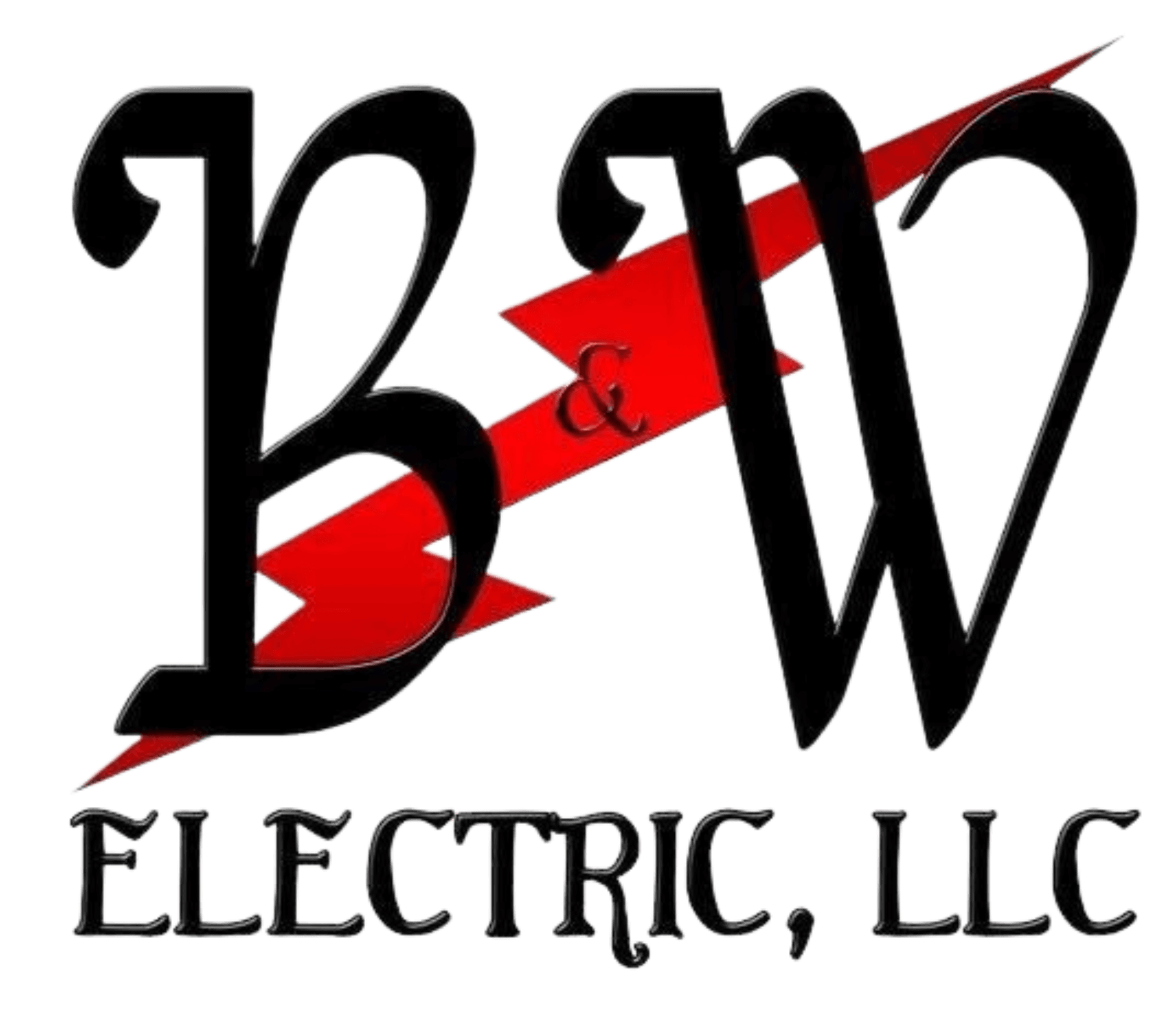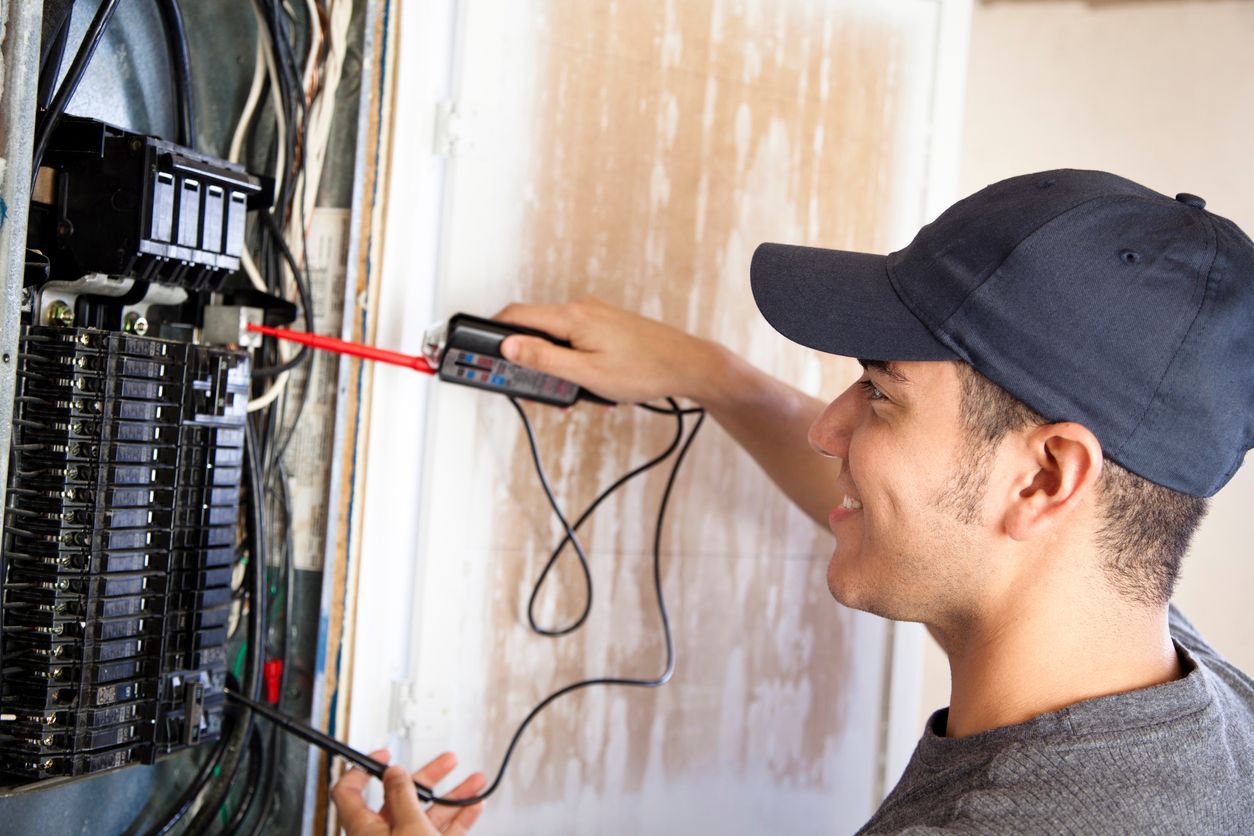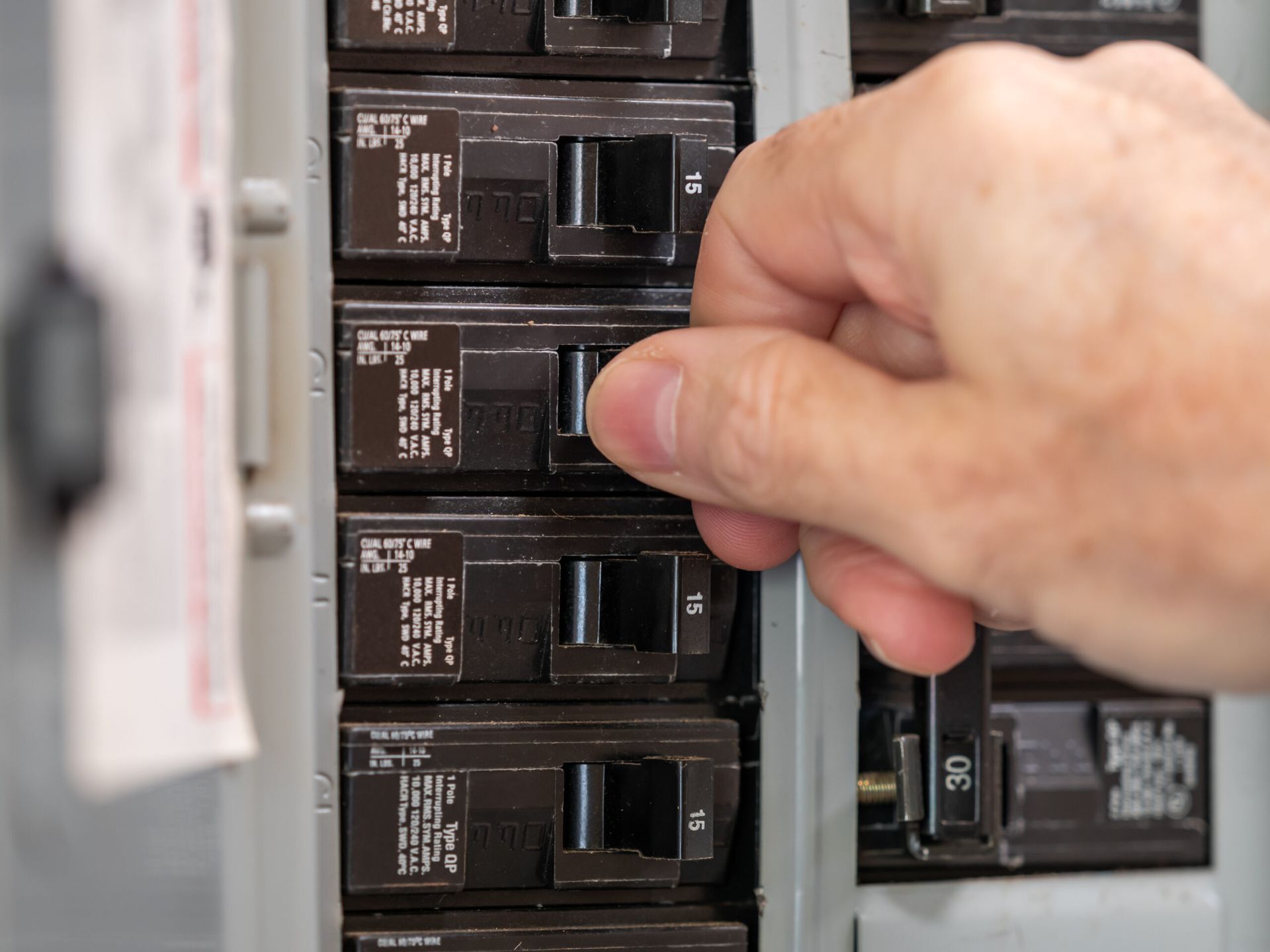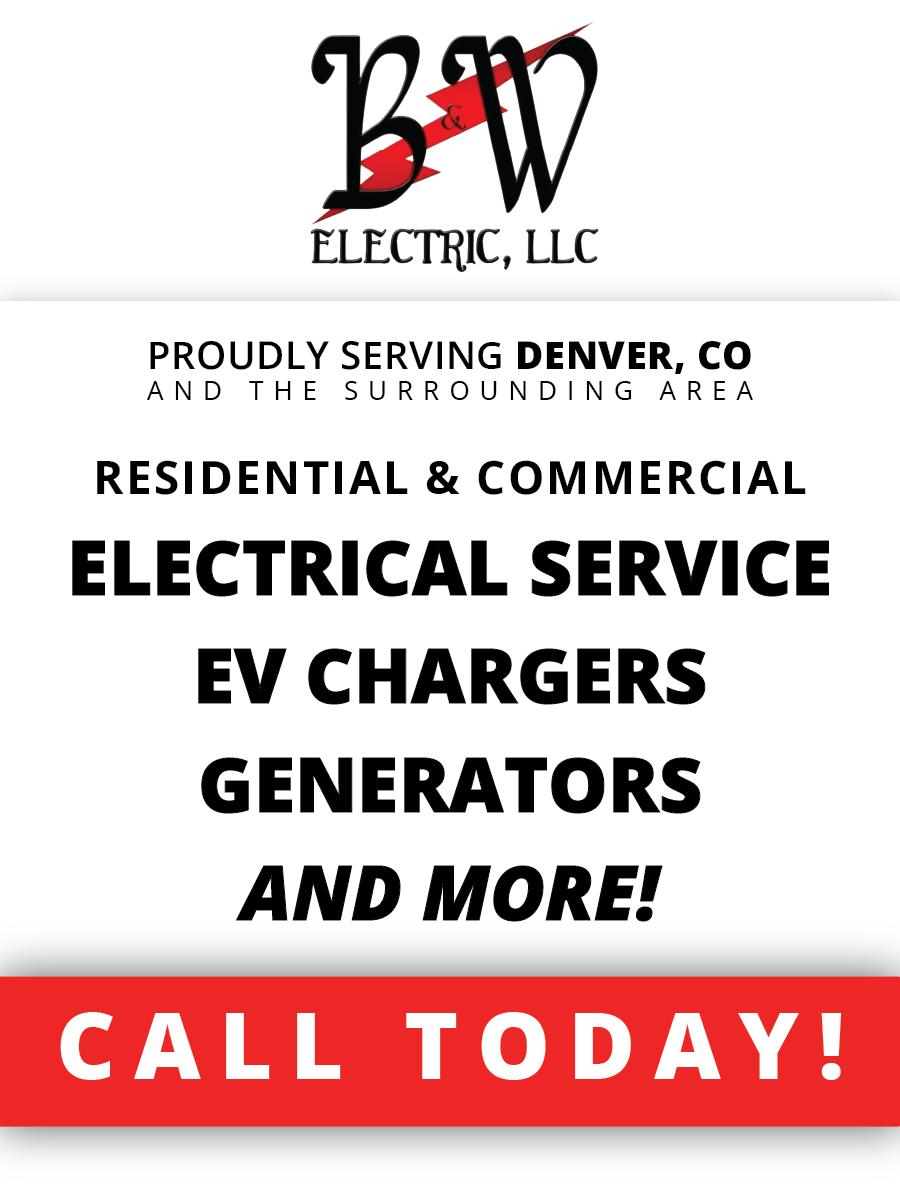Want your electrical outlet explained? These outlets, which provide the energy needed to operate our gadgets, appliances, and lighting fixtures, are often taken for granted or ignored completely. But, understanding the different types of electrical outlets and their wattage capabilities is crucial for safety and efficiency. Imagine, for instance, plugging in a new, high-powered kitchen appliance, only to have the circuit break or worse—an electrical fire.
Such a scenario is exactly why it is so essential to familiarize yourself with the different kinds of outlet plugs in your home.
Understanding Home Outlet Wattage
1.Standard 120-Volt Outlets
The most common outlet voltage found in most homes is the standard 120-volt outlet. These outlets typically support up to 15 amps and are great for powering everyday household items like phones, lamps, and small appliances. You can identify these outlets by their two vertical slots and a grounding hole. While these outlets are capable of handling most low-to-medium wattage devices, plugging in too many at once can potentially overload the circuit.
2.20-Amp Outlets
Designed for larger appliances, 20-amp outlets provide more power than standard outlets without overheating. These outlets are typically found in kitchens, laundry rooms, or any place where high-wattage devices like microwaves or washing machines are used. They have a slightly different design, recognizable by a horizontal slot branching off one of the vertical slots. Using a 20-amp outlet for heavy-duty appliances ensures they operate efficiently without causing electrical strain.
3.GFCI Outlets
Ground Fault Circuit Interrupter (GFCI) outlets are critical for safety, especially in areas prone to moisture, such as bathrooms, kitchens, and outdoor locations. These outlets are designed to shut off power if they detect an imbalance in the electrical current, such as when water is present. GFCI outlets can be identified by their built-in reset and test buttons. Regularly testing these GFCI outlets ensures they are functioning correctly and provides you with peace of mind in damp environments.
4.AFCI Outlets
Arc Fault Circuit Interrupter (AFCI) outlets are especially effective at protecting against electrical fires caused by arcing faults, which occur when electrical current flows through an unintended path. Commonly utilized in bedrooms and living areas, AFCI outlets help prevent fires by monitoring the electrical circuit for any dangerous conditions. While they may appear similar in appearance to standard outlets on an electrical socket diagram, AFCI outlets include additional safety features to help prevent potential issues.
5.USB Outlets
In today’s digital age, USB outlets are pretty much essential in any home. These outlets combine standard electrical sockets with built-in USB ports, allowing you to charge devices without the need for an adapter. Ideal for areas where you frequently charge phones or tablets, USB outlets provide convenience and reduce clutter.
Having an electrical outlet explained and knowing what it is capable of handling is vital for ensuring safety and efficiency in your home. From standard outlets for everyday use to specialized GFCI and AFCI outlets that protect against electrical hazards, each outlet type serves a specific purpose. Regular maintenance and knowledge of your home’s electrical system can help prevent accidents and improve energy efficiency. Remember, however, if you encounter any issues with your electrical outlets or are unsure of their capacity, it is wise to contact a professional electrician.
If you’re in need of professional electrical help in the Denver area, don’t hesitate to reach out to B&W Electric. We are a fully insured electrical contractor with over 25 years of experience handling both residential and commercial electrical issues. Contact us today!
